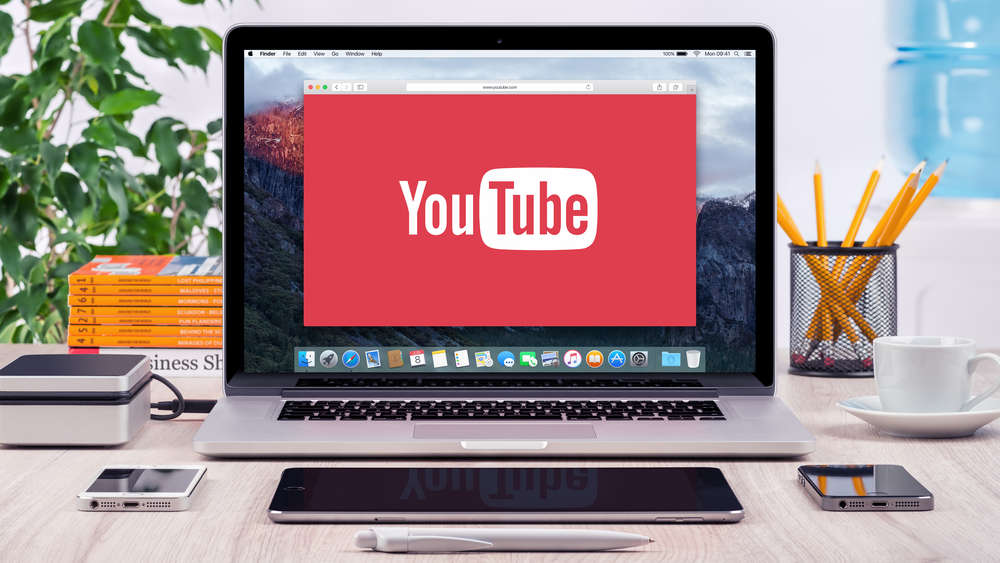Video sharing platform YouTube has announced changes in its terms of services, which confer the company the right to monetise all content on its platform by placing advertisements along its videos from channels that are not covered by its partner programme.
From June onwards, content created by those who have not enrolled for the YouTube partner programme will also run advertisements curated by YouTube. The creators/uploaders will not earn any revenue from these promotions.
Any individual who has more than 1,000 subscribers and 4,000 valid public watch hours in the last 12 months can participate in YouTube Partner Programme.
“You grant YouTube the right to monetise your content on the service (and such monetisation may include displaying ads on or within content or charging users a fee for access). This agreement does not entitle you to any payments. Starting June 1, 2021, any payments you may be entitled to receive from YouTube under any other agreement between you and YouTube (including for example payments under YouTube Partner Programme, Channel memberships or Super Chat) will be treated as royalties. If required by law, Google will withhold taxes from such payments,” said the updated terms of service.
This was already in effect in the US from November last year and will now be extended across other geographies effective from June.
According to industry observers, the change in terms of service is motivated by the fast growing revenue channels from YouTube advertisements.
For the March quarter of 2021, Alphabet, Google’s parent, earned a revenue of $6 billion from YouTube advertising, posting a year on year growth of 49 per cent.
Google said that several global brands such as Calvin Klein, Taco Bell, Kellogg’s benefited from expanding their reach to a wider audience through YouTube.
Philipp Schindler, senior vice president and chief business officer, Google explained to the analysts on what is driving such growth. “Historical approaches to reaching audiences through, lets just say, call it, linear TV don’t really work any more. Advertisers are using YouTube now to reach the audiences they can’t find anywhere else. And remember, more 18-to-49-year-olds are actually watching YouTube than all linear TV combined. And brands are also seeing more incremental reach on YouTube compared to TV,” said Schindler.
YouTube's reach, industry observers said, cannot be overlooked by content creators. According to official figures, over 2 billion logged in users visit YouTube every month and every day people watch over a billion hours of video on the platform. The number of channels with more than one million subscribers has seen a year on year growth of more than 65 per cent and over past five years, the aggregate payout to partners who have monetised their content is over USD 2 billion.
“Today there are two models in place – either the subscriber pays or the advertiser pays. It is inevitable that all platforms will follow one or the other and viewers and content creators have to accept that,” said a media and entertainment industry analyst requesting anonymity.
Concerns
Users of YouTube have expressed their concern on the updated terms of service on social platforms suggesting that this will make it difficult for small scale content creators unable to monetise their content, without reaching a certain scale. Users have also questioned the timing of the changes amid the Covid pandemic.
Legal experts expressed concern over the lack of effective options for users of internet based services in the country on account of no law on data privacy law and inefficient implementation of IT Act. “There are gaps in legislation. Efforts are needed to address them,” said cybercrime and privacy lawyer Prashant Mali.










